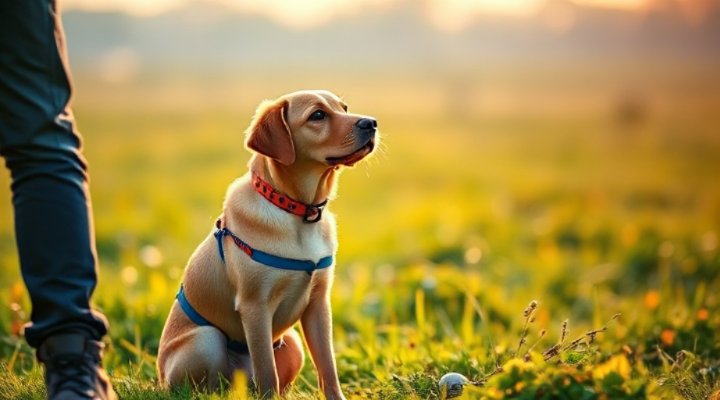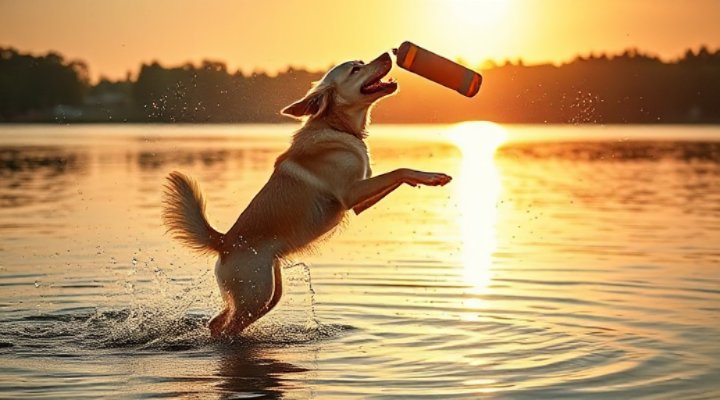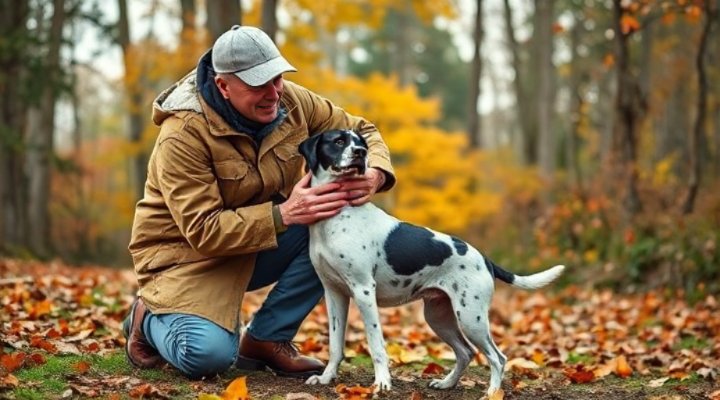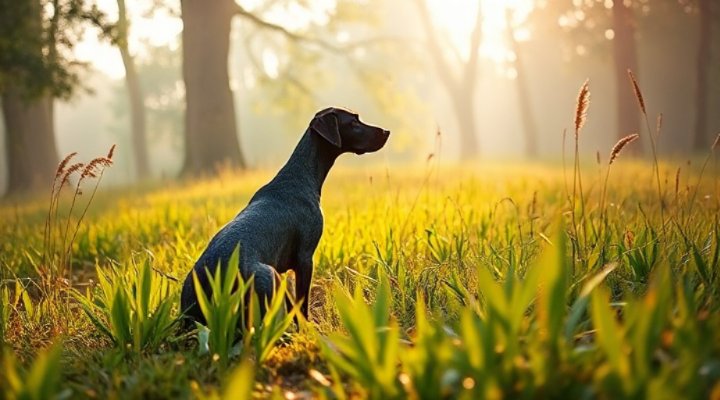Gun dog training basics form the foundation for developing an exceptional hunting companion. Whether you’re working with a Labrador, Golden Retriever, or Pointer, these essential skills will transform your pet into a reliable field partner. Above all, remember that patience and consistency are key to successful training.

Foundational Obedience for Gun Dogs
Before diving into specialized skills, your gun dog must master basic obedience. These commands create the language you’ll use in the field:
- Sit: The cornerstone of all gun dog training
- Stay: Crucial for safety during hunting scenarios
- Heel: Maintains control in various environments
- Come: Potentially life-saving recall command
For example, I recall training my first Labrador, Max. We spent weeks perfecting his ‘sit-stay’ before moving to more advanced exercises. This foundation made all subsequent training much smoother. If you’re just starting out, consider checking our puppy training basics guide for additional obedience tips.
Developing Retrieval Skills
Retrieving is at the heart of gun dog training basics. Start with these steps:
- Introduce the training dummy in controlled environments
- Build excitement through play and positive reinforcement
- Gradually increase distance and difficulty
- Add distractions to simulate real hunting conditions

Meanwhile, remember that each dog learns at their own pace. My neighbor’s Golden Retriever took months to master water retrieves, while my current German Shorthaired Pointer took to it naturally. For dogs struggling with focus, our positive reinforcement training article offers excellent solutions.
Field Training Essentials
Marking Skills
Teaching your dog to mark fallen game is crucial. Begin with:
- Short, visible throws in open areas
- Clear verbal cues like ‘mark’ or ‘bird’
- Consistent reinforcement for successful marks
Hand Signals
As your dog progresses, incorporate silent hand signals for:
- Direction changes in the field
- Distance adjustments
- Specialized commands like ‘hunt dead’

Subsequently, you’ll notice your dog becoming more attuned to your movements and intentions. This silent communication becomes invaluable during actual hunting situations. For more on building this connection, see our dog obedience training guide.
Advanced Gun Dog Training Techniques
Once basics are mastered, consider these advanced skills:
| Skill | Purpose | Training Tip |
|---|---|---|
| Blind Retrieves | Finding unseen game | Use consistent landmarks |
| Water Work | Aquatic retrieves | Start in shallow areas |
| Steadiness | Remaining calm at shot | Use blank pistols carefully |

In conclusion, gun dog training basics create the foundation for a lifetime of successful hunting partnerships. Remember that every dog learns differently, so adapt these techniques to your pet’s personality and abilities. For those interested in related training, our enhancing gun dog skills article offers excellent next steps.
Related Keywords: hunting dog obedience, retriever training techniques, field dog commands, gun dog skills development, hunting companion training

